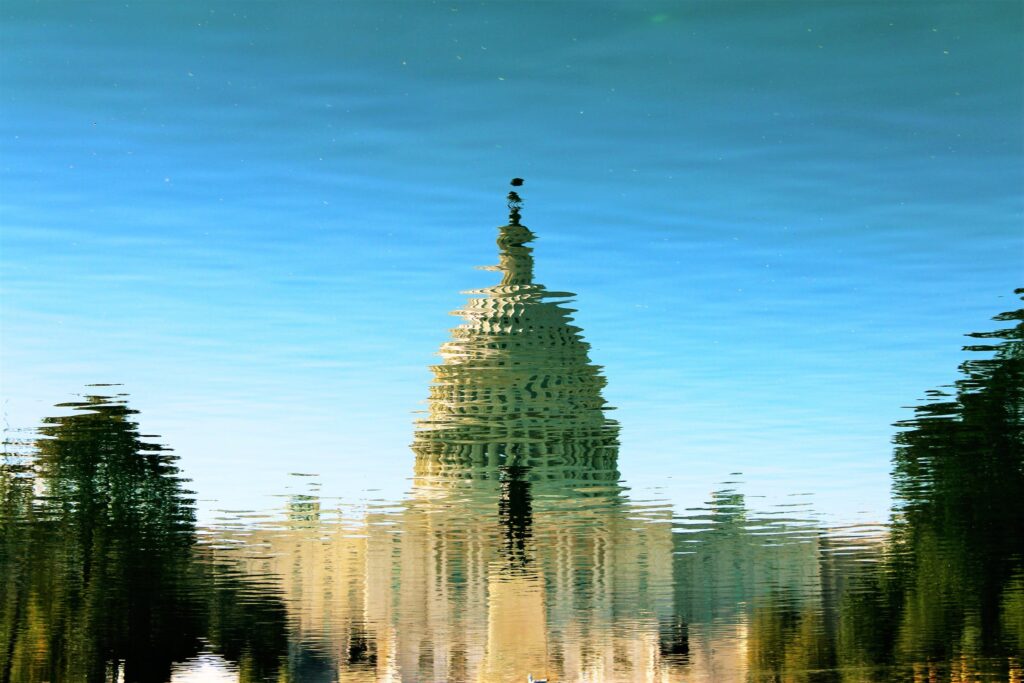On Monday, Senate Republicans revealed their opening bid for “Phase 4” of economic relief, also known as the Health, Economic, Assistance, Liability Protection and Schools (HEALS) Act. The HEALS Act is the second stimulus bill after the Coronavirus Aid, Relief, and Economic Security (CARES) Act, which was enacted on March 27 and will end on July 31.
So the HEALS act basically allows employers to force you to work without any kind of liability if you get sick, yet doesn’t provide hazard pay. The extra $600 in unemployment becomes $200.
Honestly, every essential worker should just fucking quit their jobs.
— glizzy stardust (@graphicnature_) July 27, 2020
If passed, the HEALS Act will be an economic relief payment that would function nearly identically to the CARES Act rebates dispersed in the spring.
Here’s what that would mean for the average person:
-
$1,200 would be given to single and head of household taxpayers, and $2,400 would be given to married individuals who file together. However, in households with incomes above $75,000 (single), $112,500 (head of household), and $150,000 (married filers), the credit will phase out at five percent of the taxpayer’s qualified income, which will be determined by the 2018 or 2019 tax returns.
-
Unlike the CARES Act that provided an additional $500 for each eligible dependent (17 and under), the HEALS Act would expand that provision to include adult dependents, who were excluded from receiving payments from the initial legislation.
-
The HEALS Act proposes a restructured Federal Pandemic Unemployment Compensation (FPUC) plan, which would provide a benefit of $200 per week until September 2020. In October, the benefits would be replaced by a payment plan that would replace 70 percent of a person’s former wages when combined with Unemployment Insurance and result in up to $500 in compensation a week. The specifics would be determined on a state-by-state basis.
-
The Paycheck Protection Program (PPP) would be expanded to prevent increased unemployment rates by focusing on supporting small firms with less than 300 employees. $190 billion will be dedicated to aiding small businesses in pursuit of a loan, which will be forgivable if 60 percent of the loan goes toward payroll.
-
The HEALS Act would modify state income taxes by mandating that those who had duties in numerous states for more than a temporary period of time would be required to pay state income taxes in their primary residence and for the other states until 2024.
-
Health-care providers, employers, and schools would receive liability protection, which would protect them from lawsuits for exposing employees to the coronavirus, with the exception of gross negligence on their behalf.
Liability Protection within the HEALS Act means you will have no legal recourse to sue your employers for COVID related illness or death-it also means that schools cannot be sued if your child gets sick or dies as a result of attending.
It is big money lobbying in full effect.
— Amee Vanderpool (@girlsreallyrule) July 27, 2020
To be passed, the HEALS Act would require Democratic support. The Democrats have strongly objected to some of the HEALS Act’s proposals, namely that it would eliminate the extra $600 a week federal unemployment benefits. Negotiations and a compromise on the final act are expected to happen soon.





